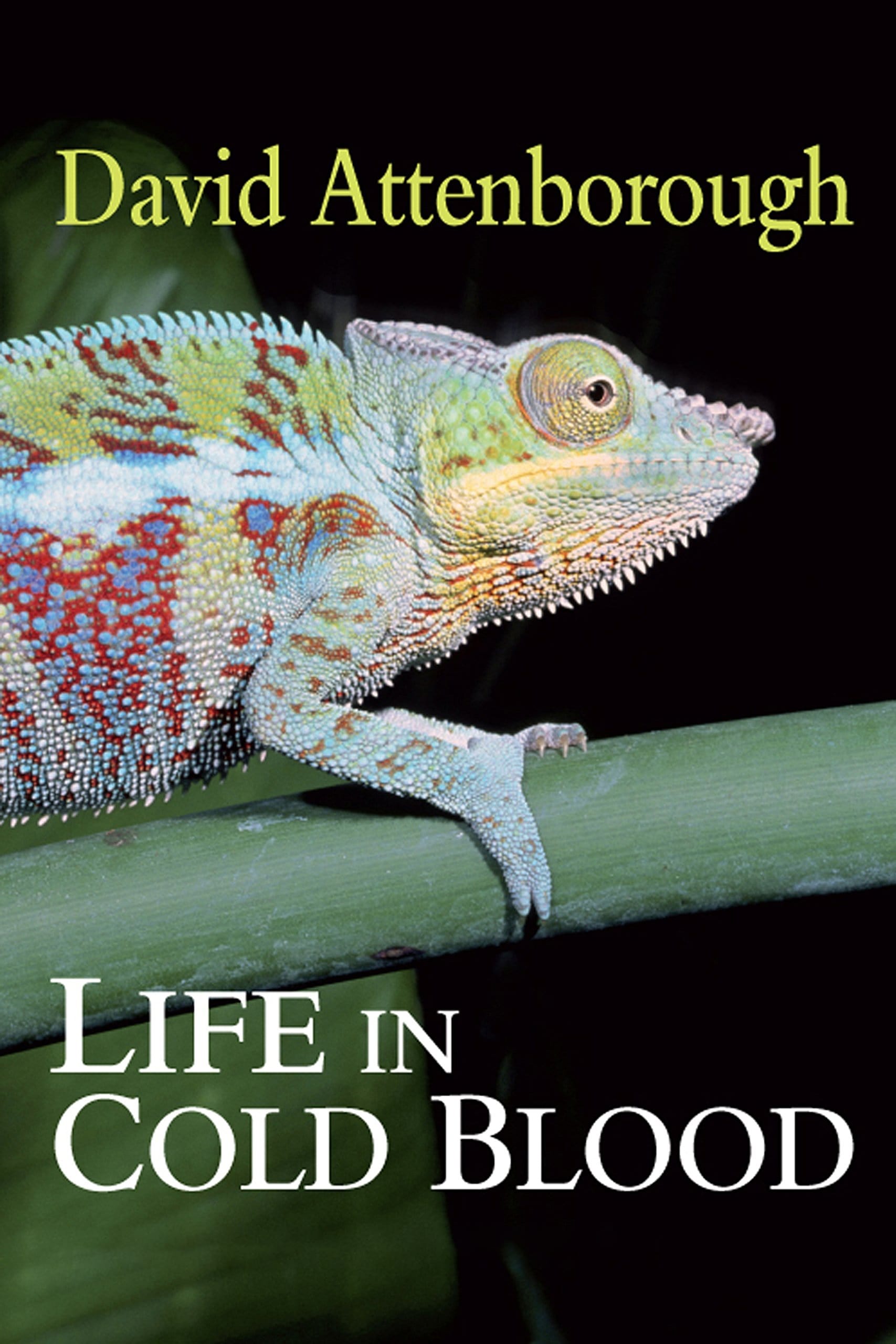
The third instalment takes a look at the immense diversity, social skills and displays of the lizards. While they are highly adept at camouflage, occasionally there is a need to break cover in order to ward off rivals. Attenborough holds up a mirror to an anole and causes it to extend its colourful throat flap as a warning sign. Madagascar is host to over 60 species of chameleon but one of the largest, Meller's chameleon, is native to Malawi and two rival males are shown jousting. A female South African dwarf chameleon demonstrates its ability to change colour when communicating to a potential mate, and the chameleon's muscular tongue is depicted lassoing its prey. In southern Australia, Attenborough uses a baited fishing rod to attract the attention of a rare pygmy bluetongue skink, thought to have been extinct for over thirty years until it was rediscovered in 1992. Shinglebacks are among the most devoted lizards and breeding pairs can reunite each year for up to two decades. Alongside South Africa's Orange River, large groups of flat lizards feed on the swarms of black flies, but the males also use the occasion to indulge in social squabbling. The Mexican beaded lizard is one of the few with a poisonous bite, but males do not employ it when wrestling each other. Finally, Attenborough comes face to face with a perentie, Australia's largest monitor lizard. Under the Skin focuses on filming in Australia.